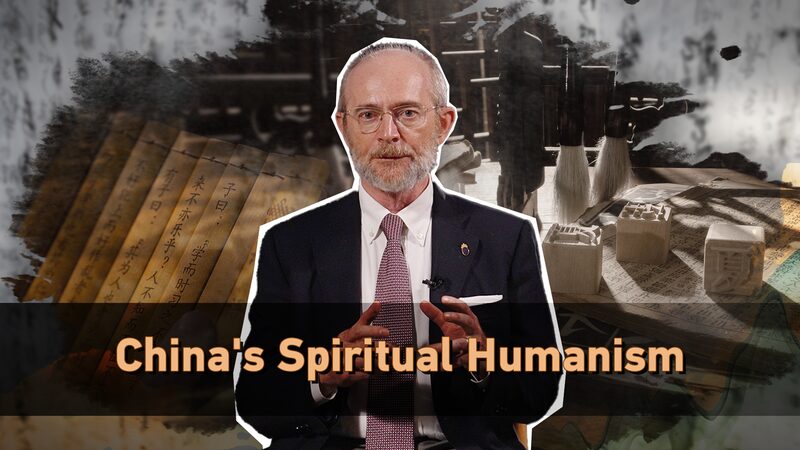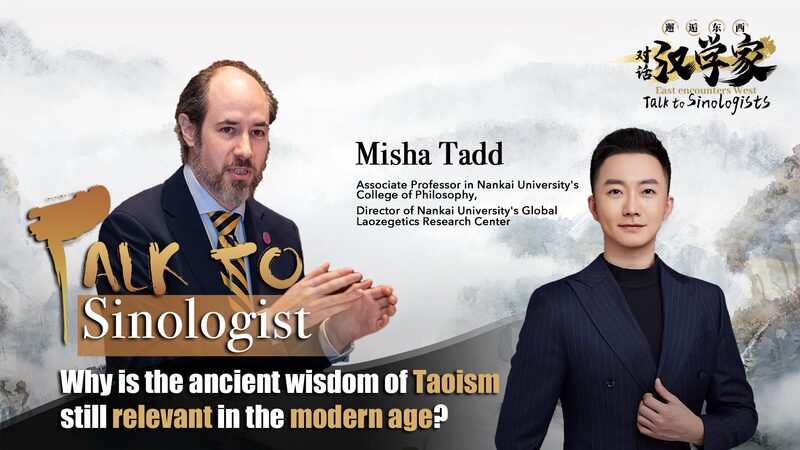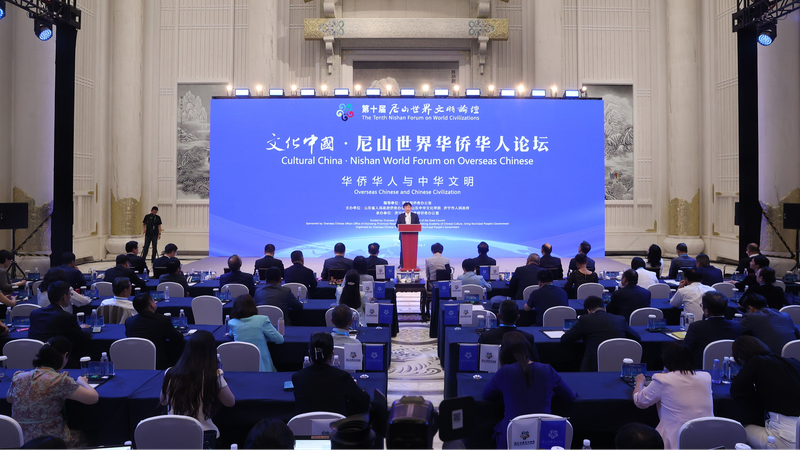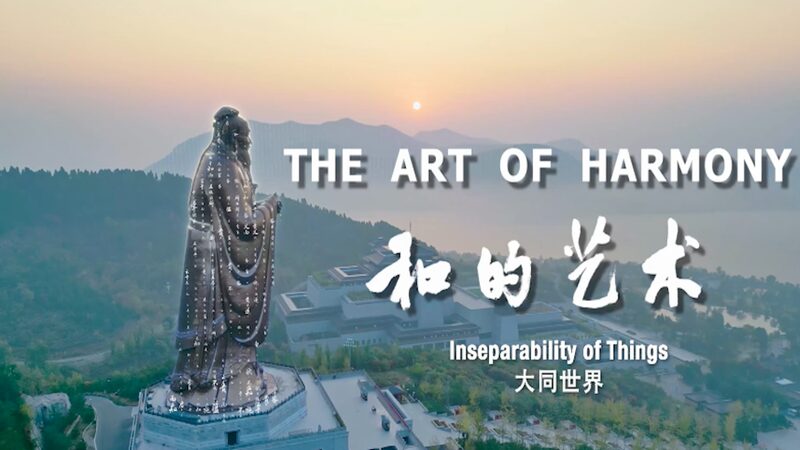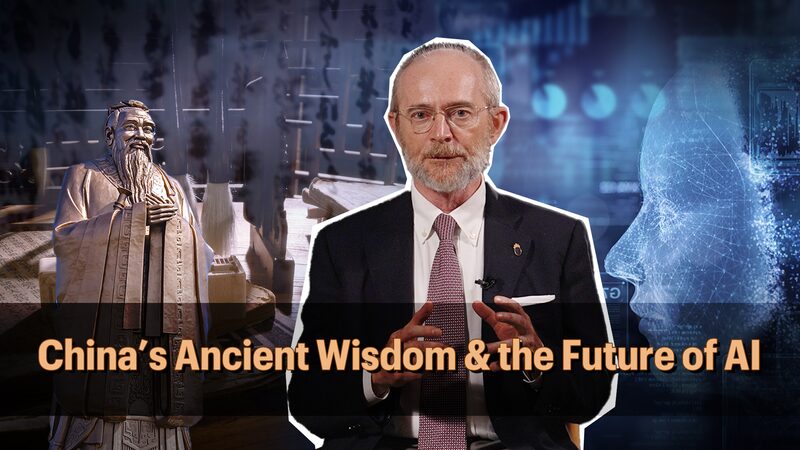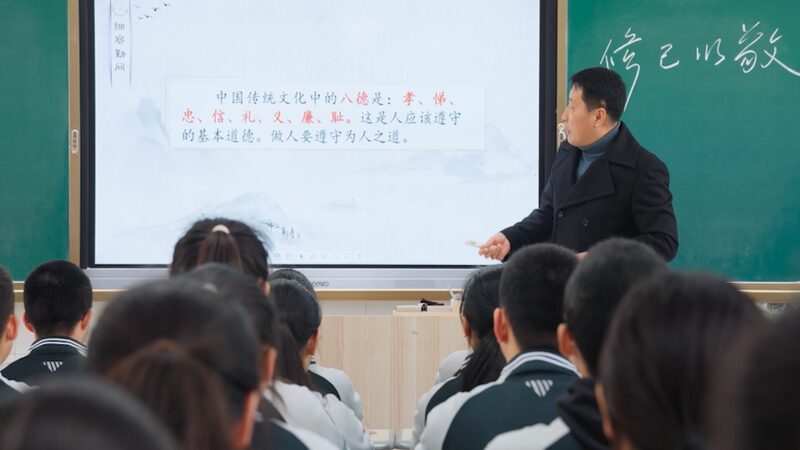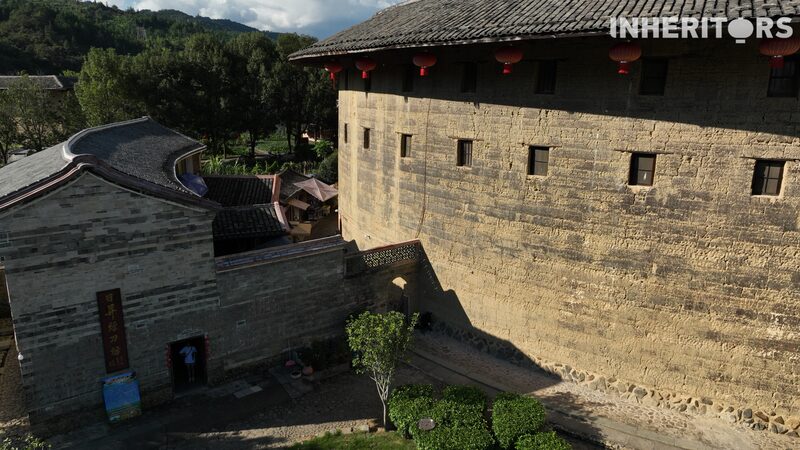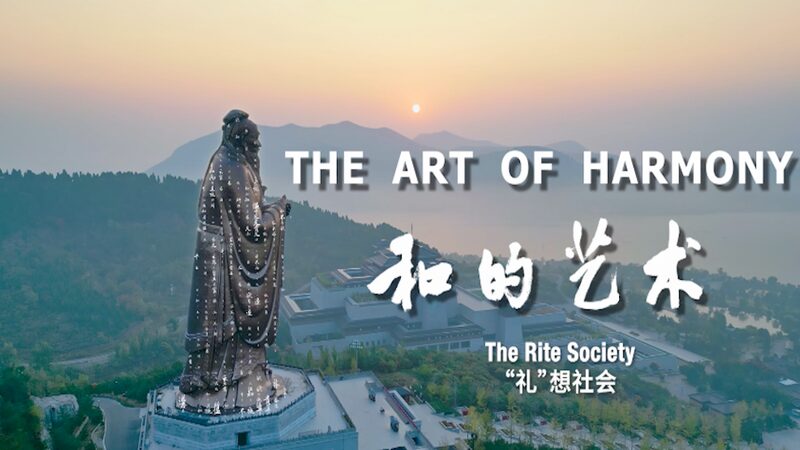China’s digital transformation is not just a technological evolution; it’s a journey deeply rooted in ancient wisdom. At the heart of this lies Neo-Confucianism’s concept of the Heavenly Way, or tiandao, which posits that the celestial order is ever-present, and humanity exists in harmony with heaven and earth.
Italian philosopher Ricardo Pozzo from Tor Vergata University of Rome explores how this spiritual form of humanism is influencing China’s modern development philosophy. He delves into how this timeless nugget of wisdom is guiding China toward a more harmonious and sustainable future.
In a world where rapid technological advancements often lead to societal disconnect, China is weaving its rich philosophical heritage into the fabric of its digital landscape. The concept of tiandao emphasizes balance and interconnectedness—principles that are being reflected in China’s approach to innovation and sustainability.
Pozzo highlights that by integrating spiritual humanism into its digital transformation, China is creating a development model that prioritizes the well-being of its people and the environment. This approach fosters a society where technological progress and humanistic values go hand in hand, setting a precedent for a more equitable and sustainable global future.
As the world watches China’s ascent in the digital arena, understanding the philosophical underpinnings of its strategies offers valuable insights. The fusion of ancient wisdom with modern technology illustrates how cultural heritage can inform and enhance contemporary development, leading to a path that benefits both humanity and the planet.
Reference(s):
cgtn.com
